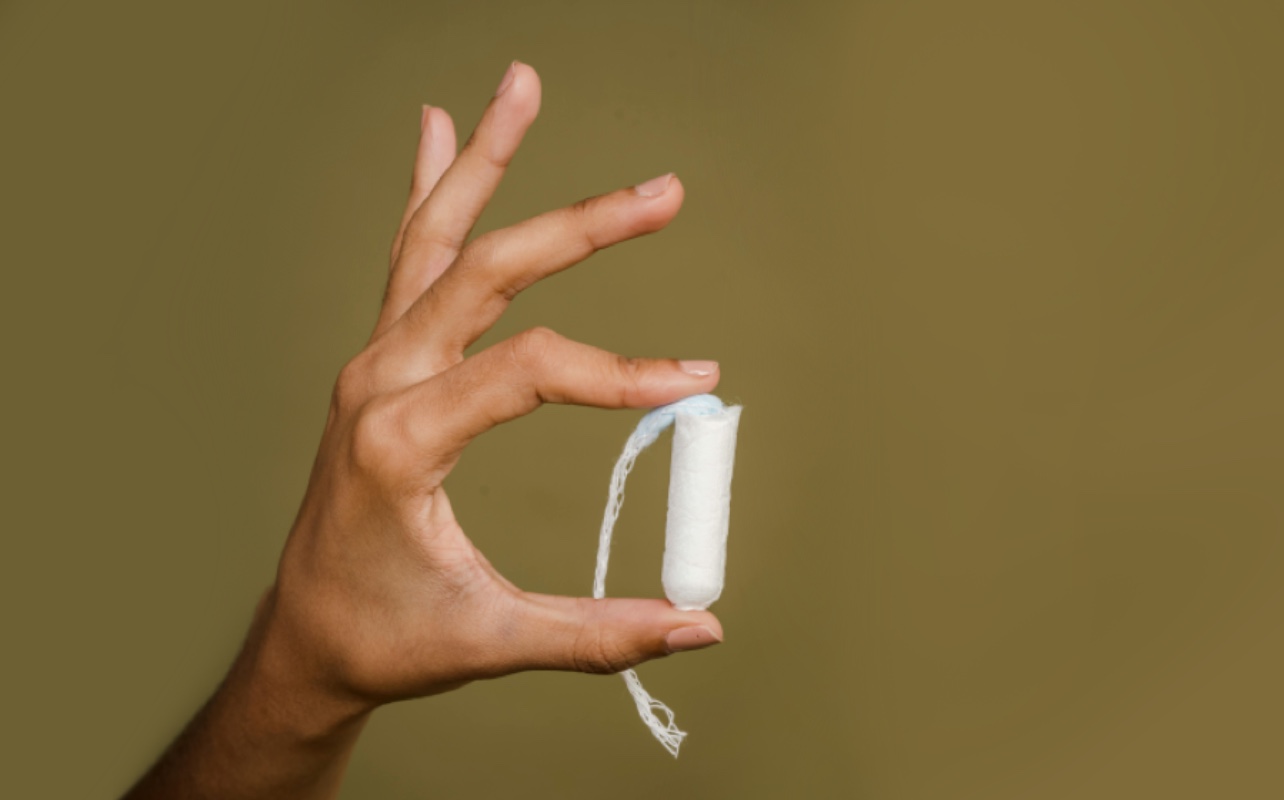
July 10, 2024
Study Shows Women Could Be Using Tampons With Toxic Metals
The FDA is thoroughly reviewing the study's findings in an effort to protect consumers of tampon brands that contain toxic metals.
A recent study has uncovered the presence of toxic metals in multiple tampon brands, raising concerns about potential health risks.
The research, published in Environmental International, analyzed 30 tampons from 14 brands purchased in the U.S., UK, and Greece. Lead was detected in all tampon brands tested, along with “measurable concentrations of all 16 metals assessed,” including arsenic and other toxic elements. The study revealed intriguing differences between organic and non-organic products. Organic tampons contained less lead but higher arsenic levels than their non-organic counterparts. Additionally, tampon brands sold in the U.S. showed higher lead concentrations than those in Europe.
Researchers closely examined arsenic, barium, calcium, cadmium, cobalt, chromium, copper, iron, manganese, mercury, nickel, lead, selenium, strontium, vanadium, and zinc. Researchers hypothesize that these toxic metals in tampons may originate from the soil where the cotton and rayon used in production are grown. The study on tampons with toxic metals highlights the lack of regulations in the U.S., EU, and UK regarding potential contaminants in tampon brands. “…None of these governments requires manufacturers to test their products for harmful chemicals, including metals,” the study notes.
“We cannot yet say that people should not be using tampons,” lead researcher Jenni Shearston told CBS MoneyWatch. She emphasized the need for further research to determine if these metals leach out and are absorbed by the body. “Our research emphasizes the need for more testing of toxic compounds in products we use daily and better labeling so users can make more informed decisions.”
A Food and Drug Administration spokesperson noted that the study “does not assess whether any metals are released from tampons when used in the body. It also does not address whether any metal, if released, can be absorbed into the vaginal lining or, subsequently, into the bloodstream.” As the agency thoroughly reviews the study’s findings, it plans to take necessary actions to protect consumers of tampon brands that contain toxic metals.
Due to the heightened permeability of vaginal tissue compared to other bodily surfaces, the research team emphasized that additional studies are crucial to ascertain if the metals seep from the tampons during use.
RELATED CONTENT: Sales Of Chemical Hair Relaxers On The Rise In Africa, Despite Ingredients Linked To Cancer